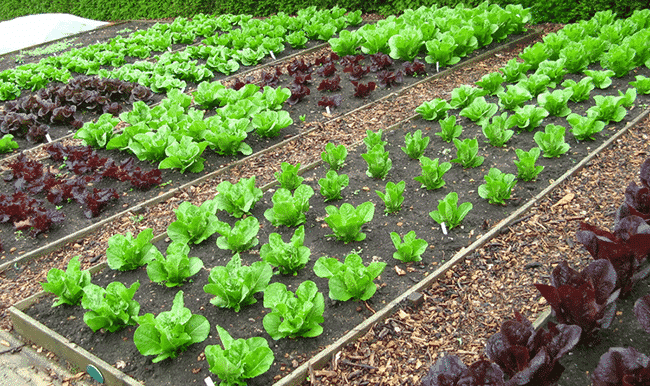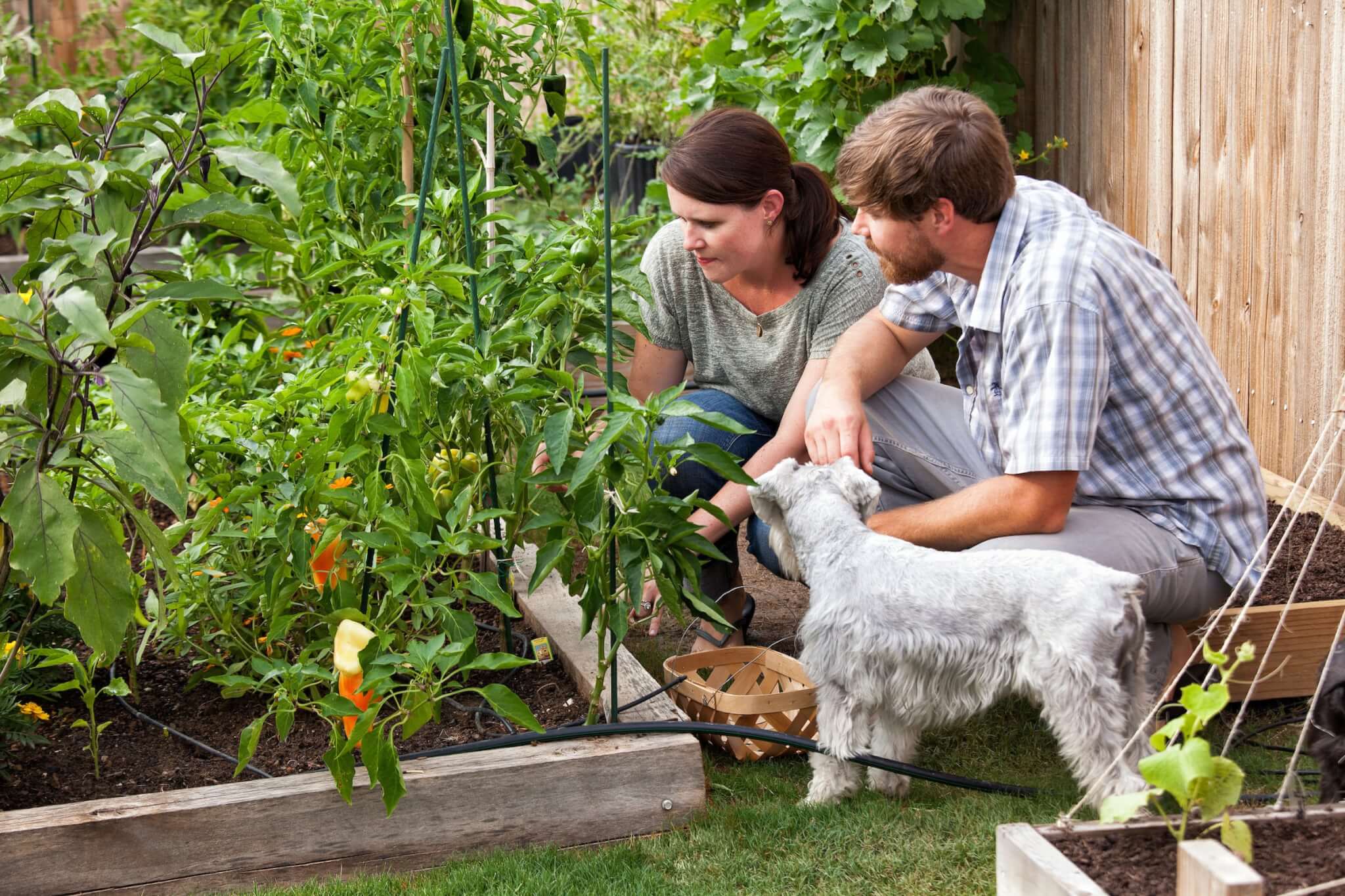How to: Organic Vegetable Garden Tips

Embarking on an organic vegetable gardening journey is like nurturing a living, breathing ecosystem. Imagine the satisfaction of biting into a crisp, homegrown tomato, knowing you've cultivated it with your own hands and natural methods. Whether you're a seasoned green thumb or a novice eager to dig in, our comprehensive guide on tips for successful organic vegetable garden will help you reap the rewards of fresh, pesticide-free produce.
Understanding Organic Gardening Techniques
Organic gardening is more than just avoiding chemicals; it's about working with nature, not against it. Here are some foundational organic gardening techniques:
Soil: The Foundation of Life
Think of your garden's soil as the foundation of a house. If it's weak, everything above will crumble. Start by testing your soil's pH and nutrient levels. Most vegetables prefer a pH between 6.0 and 7.0. Add plenty of compost—nature's gold—to enrich your soil with organic matter and beneficial microbes.
Composting Tips: Feeding Your Soil
Composting is like giving your soil a nutritious diet. Collect yard waste, kitchen scraps (avoid meat and dairy), and other organic materials. Layer them in a pile or bin, keeping it moist and aerated. Regularly turn the pile to speed up decomposition. Need more guidance? Check out the USDA's composting guide.
Planning Your Vegetable Garden Care
A well-planned garden is a thriving garden. Here's how to set up your organic vegetable garden for success:
Choosing the Right Plants
Select vegetables that suit your climate and soil conditions. Consider the space each plant needs and plan your layout accordingly. Companion planting, such as pairing tomatoes with basil, can boost growth and deter pests.
Rotate Your Crops
Crop rotation is like a merry-go-round for your plants. It helps prevent disease and maintains soil fertility. Divide your garden into sections and rotate plant families each year. For instance, follow legumes with leafy greens, then root vegetables, and so on.
Natural Pest Control: Your Garden's Defense
Pests are a fact of gardening life, but organic methods can keep them at bay without harming beneficial insects or the environment.
Attract Beneficial Insects
Ladybugs, lacewings, and bees are your garden's allies. Plant flowers like marigolds, daisies, and yarrow to attract them. These natural predators will help control pest populations.
Organic Pest Control Methods
Use natural repellents like neem oil, soap sprays, or diatomaceous earth. Handpick larger pests and drop them into soapy water. For aphids, a strong blast of water can dislodge them. Remember, prevention is key. Keep your garden clean and remove diseased or infested plants promptly.
Watering and Mulching: Quenching Your Garden's Thirst
Water is the lifeblood of your garden. Here's how to manage it effectively:
Efficient Watering Techniques
Water deeply and less frequently to encourage strong root growth. Drip irrigation or soaker hoses deliver water directly to the roots, reducing waste and preventing disease.
Mulching Tips
Mulch is like a protective blanket for your soil. It retains moisture, suppresses weeds, and regulates temperature. Use organic materials like straw, wood chips, or grass clippings. Apply a 2-3 inch layer around your plants.

Harvesting and Storing Homegrown Produce
The fruits of your labor are ready to be enjoyed. Here's how to make the most of your homegrown produce:
Timing Your Harvest
Harvest vegetables at their peak ripeness for the best flavor. Regularly pick produce to encourage continued growth. Morning is the ideal time to harvest, when plants are cool and hydrated.
Storing Your Bounty
Store vegetables in a cool, dark place. Root vegetables like carrots and beets can be stored in sand or sawdust. Leafy greens and herbs should be refrigerated. For long-term storage, consider canning, freezing, or dehydrating.
Conclusion: Embrace the Organic Journey
Growing an organic vegetable garden is a journey filled with learning, patience, and immense rewards. By embracing natural methods, you're not just growing food; you're cultivating a healthier planet. So, roll up your sleeves, dig in, and watch your garden flourish.
Remember, every garden is unique, and what works for one may not for another. Experiment, observe, and adjust. And most importantly, enjoy the process. There's nothing quite like the pride of serving a meal made from your own homegrown produce.
Happy gardening!
FAQs
What are the benefits of organic gardening? Organic gardening promotes biodiversity, improves soil health, reduces environmental pollution, and produces healthier, tastier food.
How do I deal with weeds organically? Use mulch to suppress weeds. Hand-pull or hoe weeds when they're small. Pour boiling water or vinegar on persistent weeds.
Can I grow organic vegetables in containers? Absolutely! Many vegetables thrive in containers. Ensure your pots have good drainage and use high-quality organic potting soil.
How do I transition from conventional to organic gardening? Start by reducing chemical use. Gradually introduce organic methods like composting and natural pest control. It may take time for your soil to recover, but your garden will thank you.
What if I don't have a large yard for a garden? You can still grow organic vegetables in small spaces. Use raised beds, containers, or even a windowsill for herbs. Vertical gardening is another space-saving technique.

With these tips for successful organic vegetable garden, you're well on your way to a thriving, eco-friendly oasis. So, grab your gloves and let's get growing!
0 Response to "How to: Organic Vegetable Garden Tips"
Post a Comment